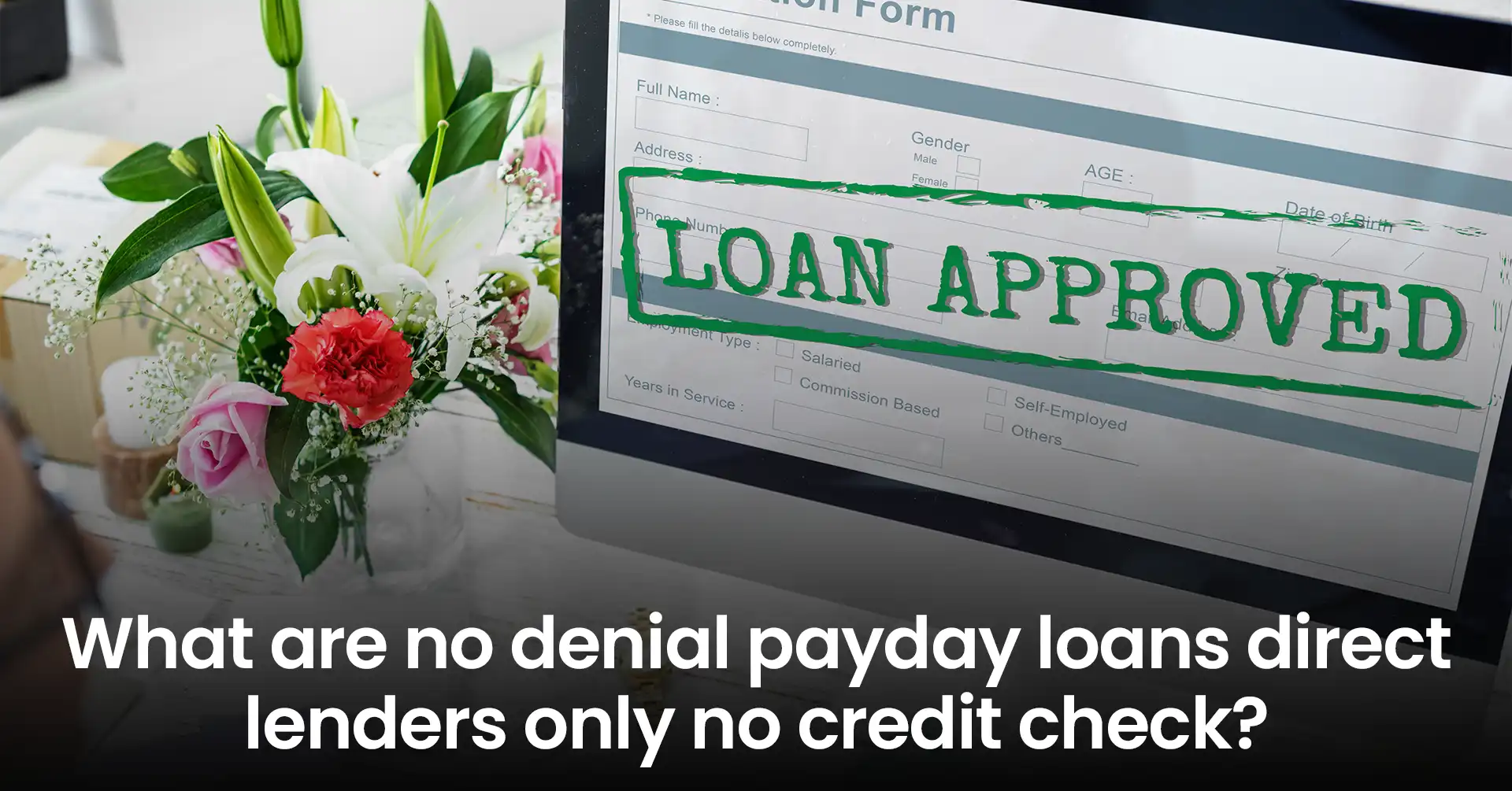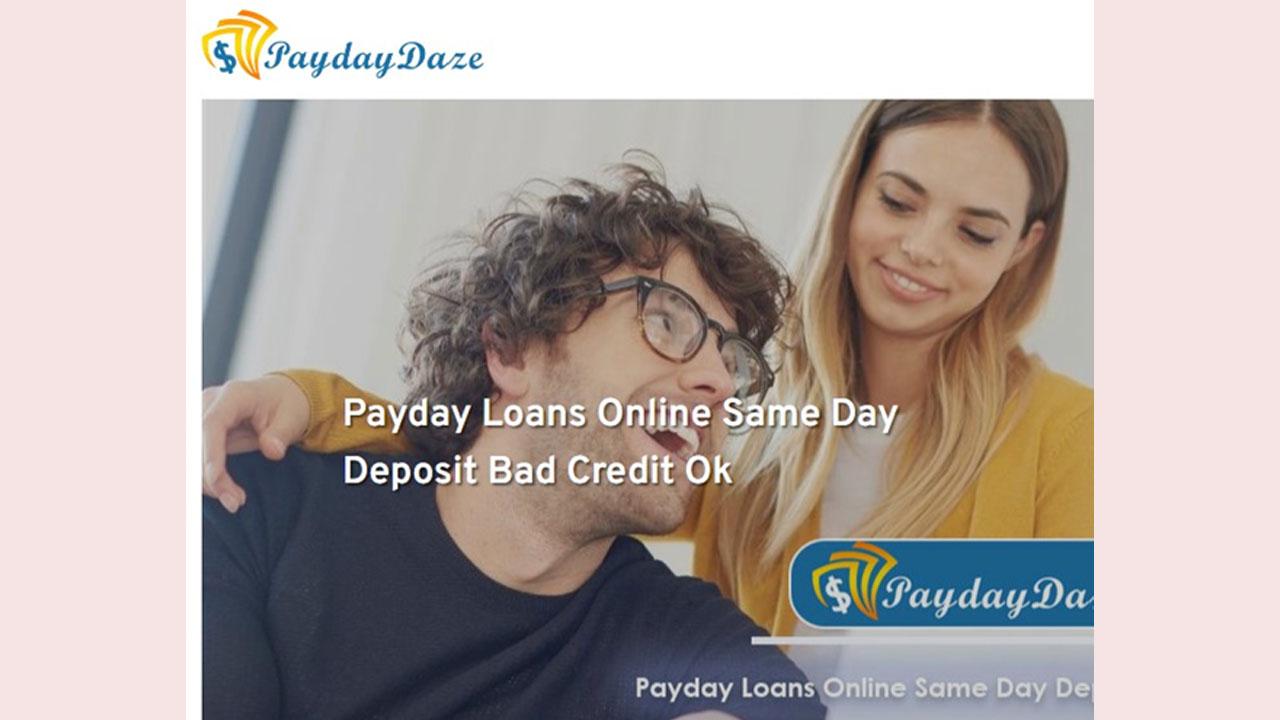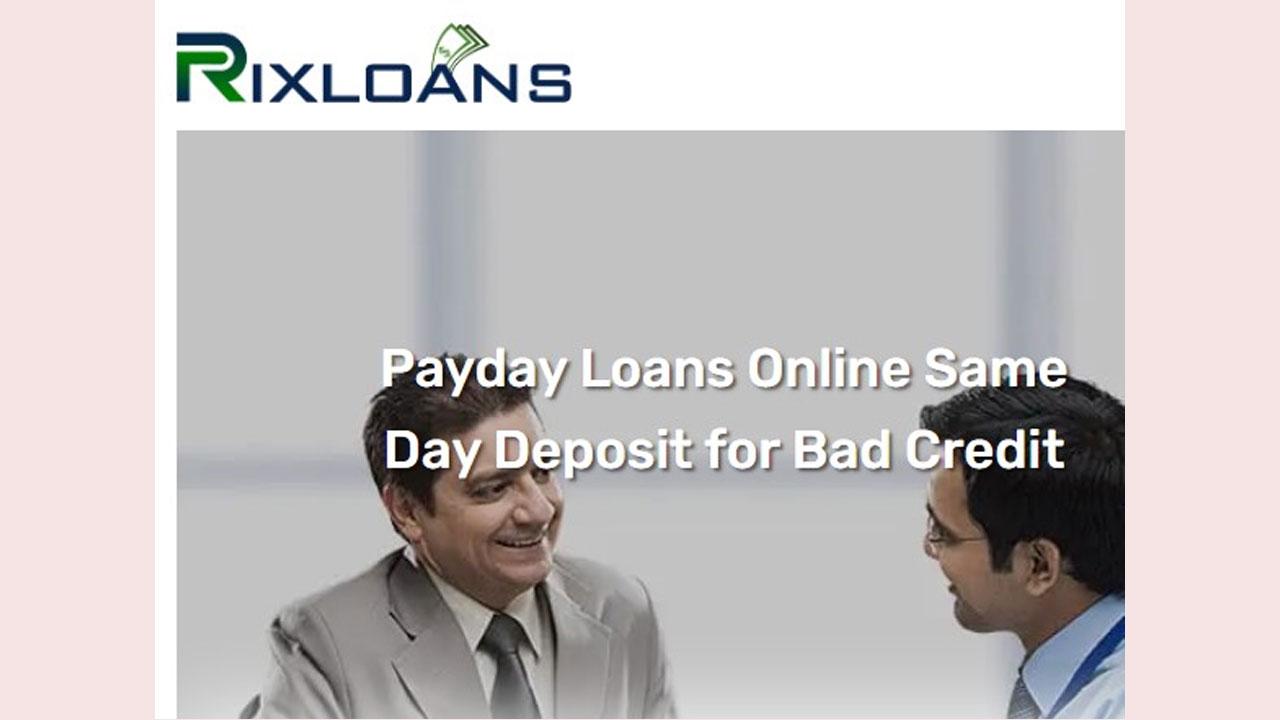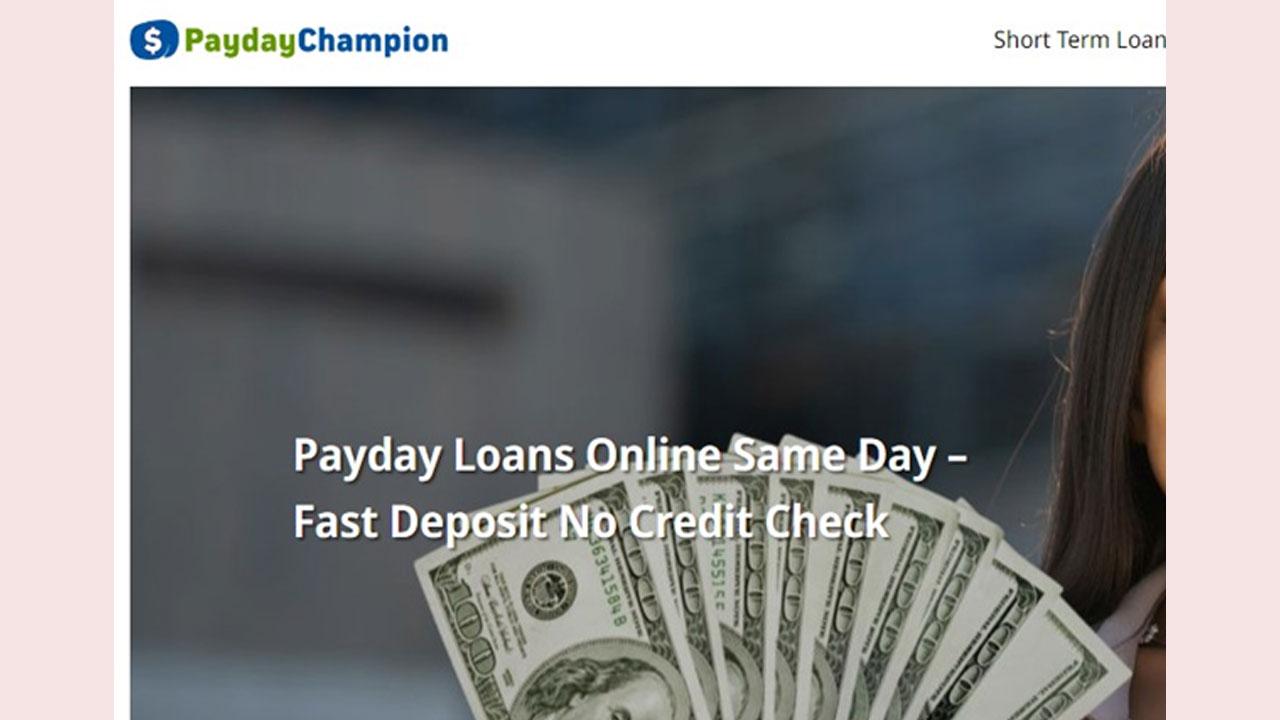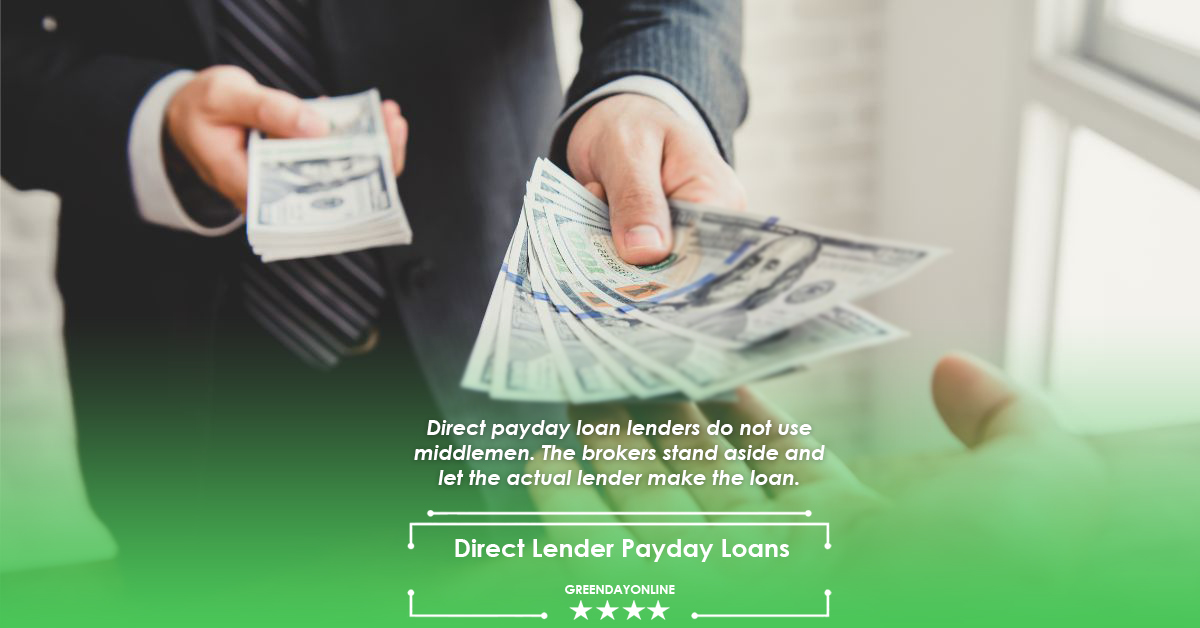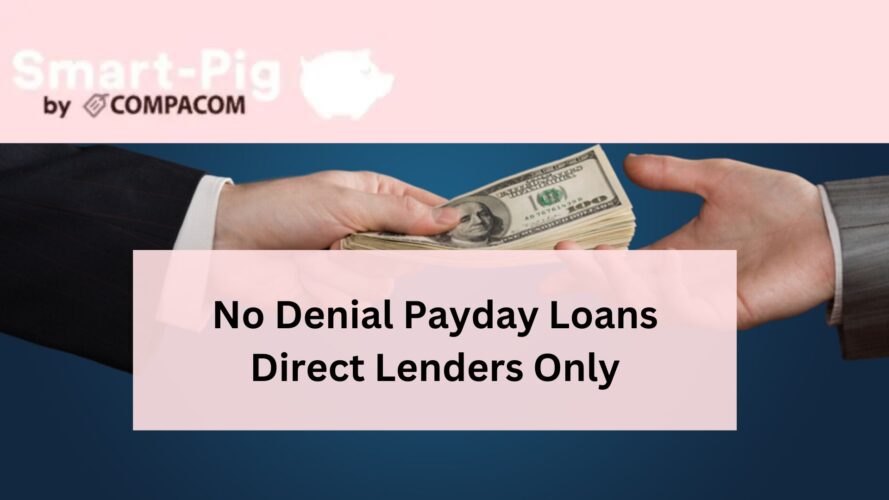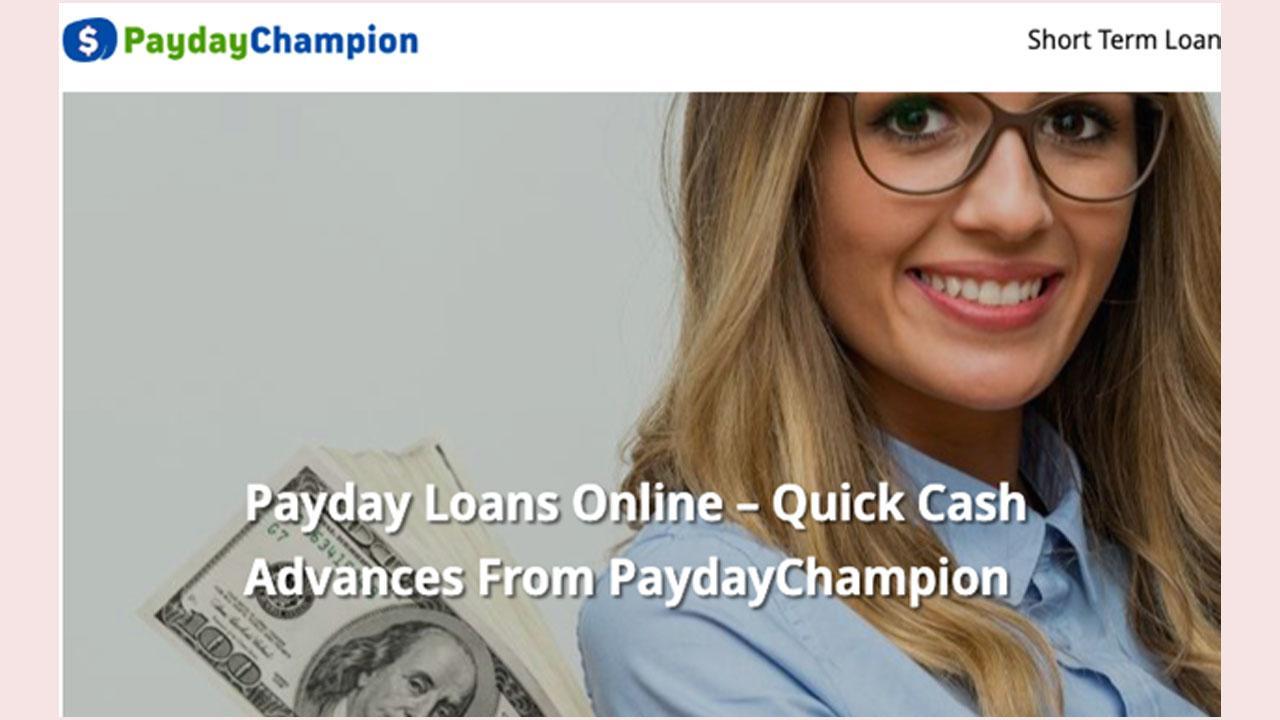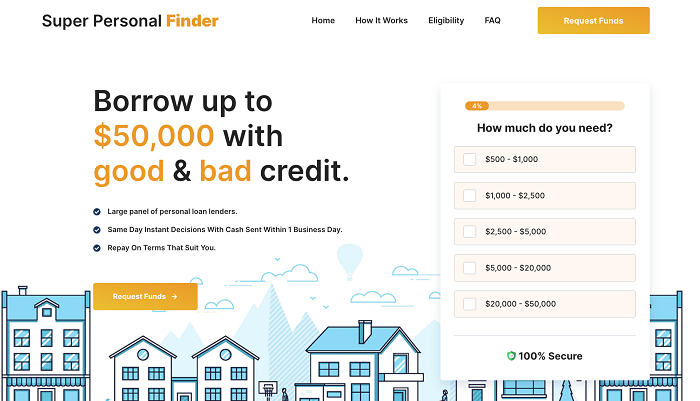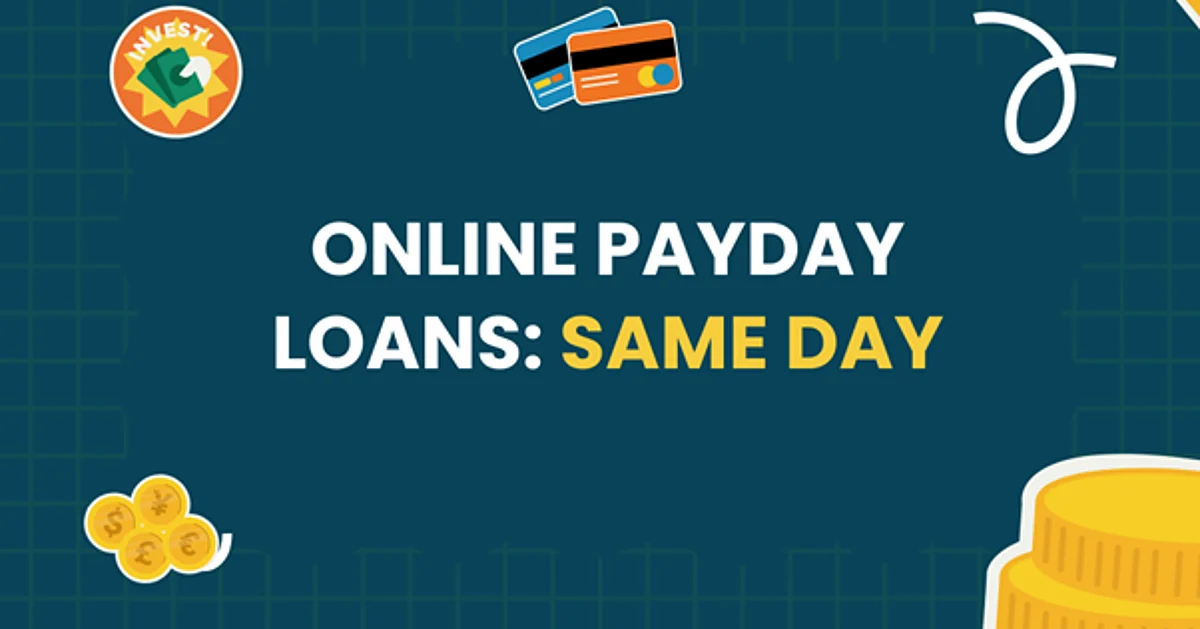Direct Payday Lenders Only No Credit Check

The allure of quick cash, especially when facing financial hardship, is undeniable. For many, "direct payday lenders only no credit check" loans seem like a lifeline. However, this seemingly simple solution masks a complex web of high interest rates and potential debt traps.
This article delves into the world of direct payday lenders offering loans without credit checks. It aims to unpack the promises and pitfalls, exploring the financial consequences, regulatory landscape, and alternative options available to consumers. By examining the mechanics of these loans and the experiences of borrowers, we hope to provide a balanced perspective on this controversial lending practice.
Understanding Direct Payday Lenders
Direct payday lenders provide short-term, high-interest loans directly to consumers. These lenders often advertise loans accessible regardless of credit history. This accessibility makes them attractive to individuals with poor credit scores or limited borrowing options.
Unlike traditional lenders, direct payday lenders bypass credit bureaus like Experian, Equifax, and TransUnion. Instead of a thorough creditworthiness assessment, they often rely on proof of income and a bank account.
The convenience comes at a cost. These loans are typically characterized by exorbitant interest rates and fees.
The "No Credit Check" Promise: What It Really Means
The phrase "no credit check" is a key marketing point for these lenders. It implies ease of access and speed, but it doesn't mean no evaluation takes place.
Lenders still verify information such as employment and banking details. They use this information to assess the borrower's ability to repay the loan, though this assessment is often less rigorous than a traditional credit check.
The lack of a credit check also eliminates any incentive for the lender to offer competitive rates based on the borrower's creditworthiness. Borrowers with poor credit are often viewed as high-risk, justifying the elevated interest rates.
The Financial Consequences: A Deep Dive
The high interest rates and fees associated with these loans can create a cycle of debt. The Consumer Financial Protection Bureau (CFPB) has repeatedly warned consumers about the dangers of payday loans.
According to CFPB reports, many borrowers end up rolling over their loans multiple times. This means paying additional fees to extend the repayment period, resulting in significantly higher overall costs.
Consider a $300 loan with a $45 fee and a two-week repayment period. If the borrower rolls over the loan three times, they will pay $135 in fees, effectively increasing the cost of the loan by almost 50%.
The Impact on Credit Scores
While these loans don't require a credit check initially, defaulting on one can still harm your credit score. Many direct payday lenders eventually report delinquent accounts to credit bureaus.
The negative impact of a defaulted payday loan on a credit report can last for years. This can hinder access to future credit opportunities such as mortgages, auto loans, and even rental housing.
Furthermore, some lenders may engage in aggressive collection practices, further exacerbating the borrower's financial difficulties.
The Regulatory Landscape: A Patchwork of Laws
The regulation of payday lending varies significantly from state to state. Some states have outlawed payday lending altogether. Others have strict caps on interest rates and fees.
The federal government, through the CFPB, has attempted to establish national standards for payday lending. However, these efforts have faced legal challenges and regulatory changes.
In states with looser regulations, payday lenders often operate with minimal oversight. This allows them to charge exorbitant rates and engage in potentially predatory lending practices.
Alternative Options: Exploring Safer Alternatives
Before resorting to "direct payday lenders only no credit check" loans, consider exploring alternative options. These alternatives may offer more favorable terms and less financial risk.
Credit counseling agencies can provide guidance on managing debt and budgeting. They can also help negotiate with creditors to lower interest rates or create manageable repayment plans.
Community banks and credit unions often offer small-dollar loans with more reasonable interest rates and fees. Some also provide financial education programs to help borrowers build financial literacy.
Personal loans, though requiring a credit check, can provide access to larger sums of money with lower interest rates than payday loans. Borrowing from friends or family is another possibility, though this should be approached with caution to avoid straining relationships.
The Borrower's Perspective: Stories from the Front Lines
The experiences of borrowers who have taken out these loans are often sobering. Many report feeling trapped in a cycle of debt, struggling to repay the initial loan and its associated fees.
"I thought it was a quick fix," says Maria, a single mother who took out a payday loan to cover unexpected car repairs. "But the fees kept piling up, and I couldn't keep up. I ended up owing more than double what I originally borrowed."
Other borrowers report feeling intimidated by the lenders' aggressive collection tactics. Some have even experienced harassment and threats.
Looking Ahead: The Future of Short-Term Lending
The future of short-term lending is uncertain. Advocates for stricter regulation are pushing for greater consumer protections and limitations on interest rates.
Technological innovations, such as fintech apps offering earned wage access, are emerging as potential alternatives to payday loans. These apps allow workers to access a portion of their earned wages before payday, potentially mitigating the need for high-interest loans.
Ultimately, the responsibility for making informed financial decisions lies with the individual. Understanding the risks and exploring alternatives is crucial to avoiding the debt trap that can be associated with "direct payday lenders only no credit check" loans.

